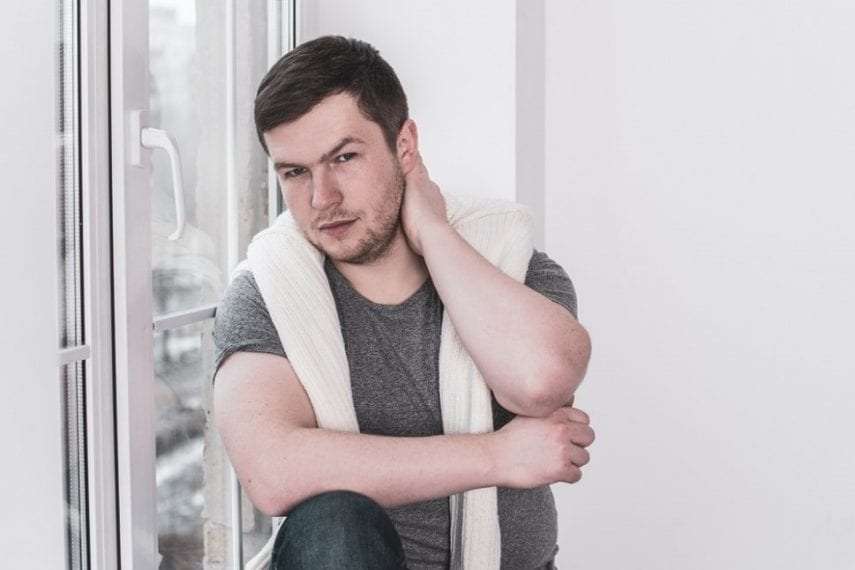Managing Chronic Pain and Depression Simultaneously for an Empowered Future

Through treatment, you can get help for managing chronic pain and depression at the same time for better recovery outcomes. Here are some tips for coping successfully. And, in the process, you can regain your hope for the present and for the future.
Waking up to another day of depression and chronic pain is a bleak prospect. That is—if you aren’t already tapping into the resources and coping strategies that can relieve so much of your pain and distress. And if that’s the case, then you’re missing out on readily available solutions.
Either way, it’s important to understand that there are dangerous risks that come with untreated depression. And co-occurring chronic pain can amplify these risks, which can include:
- Self-harm and suicide
- Self-medication and substance abuse
- Conflicts and loss in relationships
- Serious sleep disturbances
- Difficulty coping with other mental or medical health conditions
- Difficulty connecting with life and interests overall
Depression symptoms are also likely to get much worse over time, especially when chronic pain is constantly weighing on a person. But treatment offers options and the possibility for relief with the clinical management of both chronic pain and depression. In fact, treatment offers one an empowered future.
Tips for Coping with Both Chronic Pain and Depression
Recovery from major depression and chronic pain is long-term, but with the right help and strategies, you can thrive.
Get Help Early
Symptoms of depression and chronic pain tend to escalate. But with adequate care and treatment, it’s possible to manage and minimize these symptoms. In this case, adequate care involves attention that is both medical and psychological. With integrative treatment, various clinicians work together as a team to address a range of simultaneous needs and challenges. These may be co-occurring mental health disorders or co-occurring mental and physical distress.
For chronic pain and depression, clinicians can begin to uncover the ways in which these two conditions interact with each other—and how they can aggravate and intensify each other. Certain strategies for coping with one problem may improve the other as well. And when you are in a treatment center that is committed to your recovery, your comfort and active healing is the priority. So, get help early before your physical and emotional pain gets any worse.
Learn How to Express Yourself and Be Willing
Sometimes, does it seem like too much just to sit and endure the pain you’re experiencing? At these times, it can seem impossible to even cover the distance of just sharing your experience with someone else. The road to recovery is built on the connections with and help from others. But rest assured that, in a treatment center, you can take steps at your own pace. As clinicians help to relieve some of your distressing symptoms, eventually, you’ll find more freedom to engage with the recovery process.
A comforting alliance with a knowledgeable therapist can help you to gain a clearer perspective and open up your voice. As you begin to view your depression and chronic pain in a more tangible light, the power of these disorders begins to fade. Sharing what you are going through is a healing practice in and of itself, and it also illuminates for clinicians how they can support you even more completely. And, in the long-term, practicing your self-expression and maintenance of supportive connections will fortify your recovery even after the duration of a treatment program.
Begin Your Recovery Journey.
877-727-4343Discover Your Triggers and How to Proactively Manage Them
Clinicians understand that everyone’s pain is unique—their physical pain and their emotional pain. Therefore, treatment for mood disorders and chronic pain is not a one-size-fits-all package. The best kind of treatment is a dynamic interaction between care providers and the client, and the healing processes build and sharpen along the way.
Of course, recovery is not just about the management of symptoms; it’s also very much about the management of triggers and stress that will challenge one’s recovery in the future. With generous support, you can learn to identify the triggers that provoke your pain in one way or another. Difficult relationships or work stress or financial burdens might affect your physical or emotional pain. And, certainly, your depression can affect your chronic pain, and your pain can affect your depression. These cause-and-effect relationships can be overwhelming, but the support you receive in treatment will bring this process down to an entirely manageable level.
How Can You Regain Your Strength and Hope in Recovery?
In recovery, you will get over the initial hurdles of symptom management. Holistic treatment includes therapies for stress relief along with the primary components of medication and individualized therapy. But beyond symptom relief, you will have the opportunity to focus on some of your bigger personal goals. You’ll be able to explore what you want from life in recovery and begin to see clearly the path ahead.
Hope comes from help for our mental and emotional fitness. And there is plenty of help to be found. So, find that help early, and learn how to be your own ally in the process.
Bridges to Recovery offers comprehensive treatment for people struggling with mental health disorders as well as co-occurring substance use disorders, eating disorders, and process addictions. Contact us to learn more about our renowned Los Angeles programs and how we can help you or your loved one start the journey toward healing.






